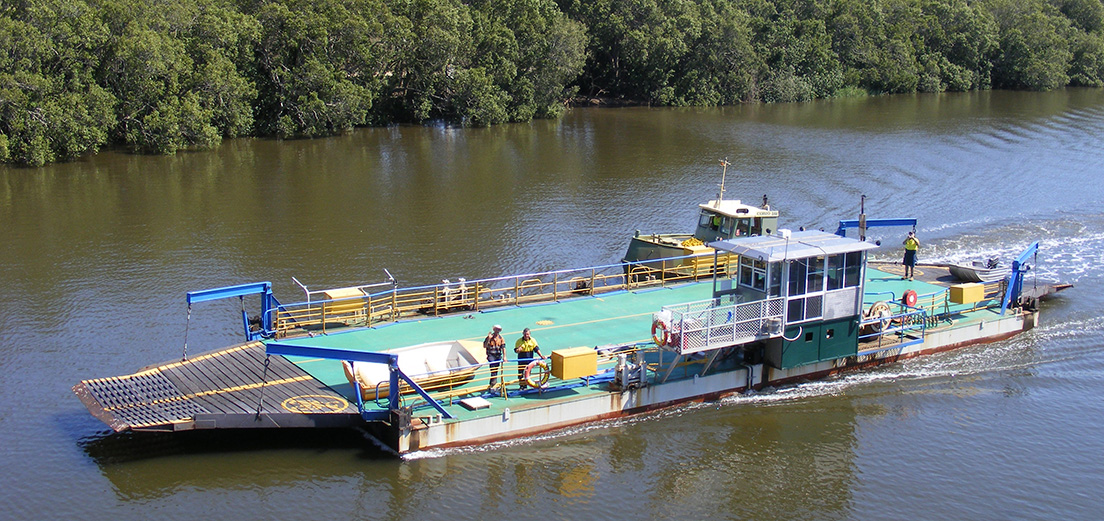- Report investigates the cause of a tanker trailer explosion in the eastern Goldfields in 2022
- Incidents involving ANE exploding during transport are extremely rare
An incident where a tanker trailer exploded in the eastern Goldfields in October 2022 was largely preventable, a new report released today has shown.
The blast occurred on the Great Central Road around 440 kilometres north east of Kalgoorlie after a tyre on the double road train caught fire and caused the tanker shell to melt.
Ammonium nitrate emulsion (ANE) spilled from the tanker and detonated two hours after prolonged heating by the fire.
The incident investigation by the WorkSafe Group of the Department of Mines, Industry Regulation and Safety (DMIRS) found incidents of this type are rare, and that improvements are required to better prevent and respond to tyre fires on vehicles transporting ANE and similar products.
While the driver was unable to extinguish the blaze using the three on board fire extinguishers, he managed to disconnect the rear tanker and drive the rest of the road train to a safe distance.
The ensuing blast left a one-metre deep crater in the road and threw thousands of pieces of shrapnel across the surrounding area.
A 100-kilogram piece of steel shrapnel was thrown around 413 metres from the blast site, while a 31kg piece of the trailer’s turntable was found 672m away.
The likely cause of the tyre fire was a loss of pressure in an air supply line that caused the trailer’s brake system to overheat and set grease alight on the brake drum.
Mine operators mix ANE, which is ammonium nitrate suspended in an oily liquid, with sensitising agents to form an explosive. Western Australia’s mining industry uses more than 1.2 million tonnes of ammonium nitrate annually.
DMIRS’ Chief Dangerous Goods Officer Iain Dainty said it was fortunate the explosion occurred in a remote location and that no one was injured.
“Our report contains 16 recommendations for industry, and everyone involved in transporting dangerous goods must understand their responsibilities,” Mr Dainty said.
“The explosion would not have occurred if the driver had been able to extinguish the fire, and there are practical measures to reduce such risks.
“Transport operators can also modify the design of their tanker trailers to better protect them from fires.”
Mr Dainty said the incident has already seen more transport companies and mine sites take additional measures to reduce the likelihood of fires on trucks carrying ANE and similar products.
“Operators are increasingly upgrading fire-fighting capability and making design improvements, and I encourage all interested parties to adopt such practices.”
As a result of the investigation, the State Government has directed the department to introduce legislative amendments and develop a new Code of Practice to ensure the risk of such incidents is kept as low as possible.
Two other trucks carrying ANE have caught fire this year, one in New Norcia in June and another in Newman in August. While these fires were left to burn out after the drivers tried to extinguish them, the ANE did not explode.
Mr Dainty said the incident was the world’s first known detonation of ANE during transport since bulk movement of the product was introduced in the 1980s.
“Given the significance of this event, we immediately sent a team to the remote eastern Goldfields to investigate the scene and probable cause,” Mr Dainty said.
“The blast was equivalent to between one and three tonnes of TNT, but this was a fraction of the explosive power as the road train was carrying 33.8 tonnes of ANE.
“Emergency Response Teams felt the blast wave at their position 3km away, while workers at a mine site around 25km away felt vibrations and saw windows rattling.”
The transport of dangerous goods in WA is closely controlled under the Dangerous Goods Transport Regulations and enforced by DMIRS’ Dangerous Goods Inspectorate.







